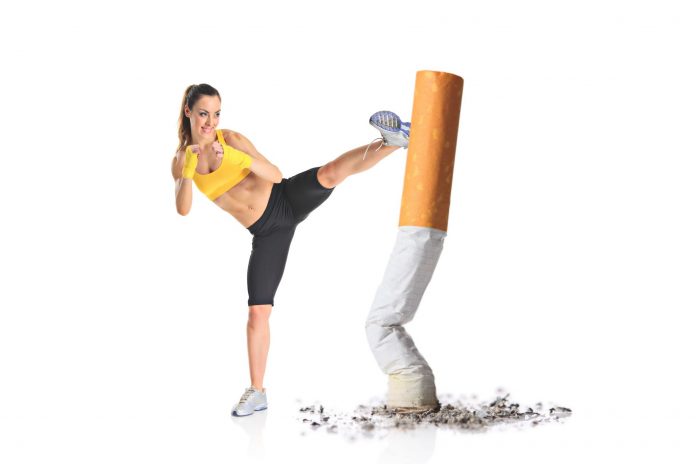Our economy is fuelled in large part by people’s misfortune and weaknesses.
The cold, hard truth was revealed in the recently-released Federal Government 2021 Intergenerational Report.
While the report is the kind of reading likely to make one’s head hurt, in the sea of stats and formulas is an economic picture of Australia over the next 40 years.
It paints a landscape set to change as much as Sunshine Coast skies do in winter.
For starters, Treasury projects that there will be almost 40 million people in Australia by then. A quarter of the population will be over 65 and the proportionate number of people of working age (and paying income tax) will fall by a third.
Other streams of government money are now running at a trickle, and pointy heads are being scratched about which corner of the kingdom to raid in order to refill the pot.
Governments, it seems, have become hooked on our bad habits, profiting big time from our smoking, drinking and driving petrol-fuelled cars. They cash in on it. They count on it.
But we are kicking the habits, which is great for us but bad for them.
Help keep independent and fair Sunshine Coast news, sport and opinion coming by subscribing to our free daily news feed. All it requires is your name and email. See SUBSCRIBE at the top of this article
Why do governments tax these items? Because that is where the money is: we used to be reliably addicted.
The Commonwealth harvested an estimated $15 billion a couple of years ago in tobacco tax – more than from taxes on superannuation, petrol or fringe benefits.
But smoking is increasingly on the nose, falling by more than 10 per cent each of the past two years. That is more than a billion dollars less each year in the government’s bank account.
That darned plain packaging did what it was meant to do, which must be bittersweet for Treasury.
Stats show we are boozing less overall too, somewhat evaporating the alcohol tax stream.
That the government coffers were healthier because of our sicknesses seems unconscionable.
Fuel – the third musketeer of Australia’s main excise bases – is now a less reliable earner too.
The Australian Bureau of Statistics last week showed there are 23,000 electric vehicles registered, a leap of 62.3 per cent on the previous year.
Given major manufacturers will phase out making vehicles with internal combustion engines, the income stream from fuel excise is going to dry up too.
So how will governments fill their black hole?
It is expected that ordinary taxpayers will have to step up, perhaps with more income taxes, a road user tax and a higher GST.
At least governments still have gambling taxes they can rely on.
Queenslanders lost about $2.5 billion in poker machines alone in the year before COVID hit and the State Government takes up to a third of that in tax.
Talk about feasting on misery.
Think about that as you fill in your tax return.
What a weird, wild time to be alive.
Jane Stephens is a USC journalism lecturer, media commentator and writer. The views expressed are her own.





